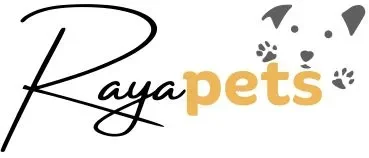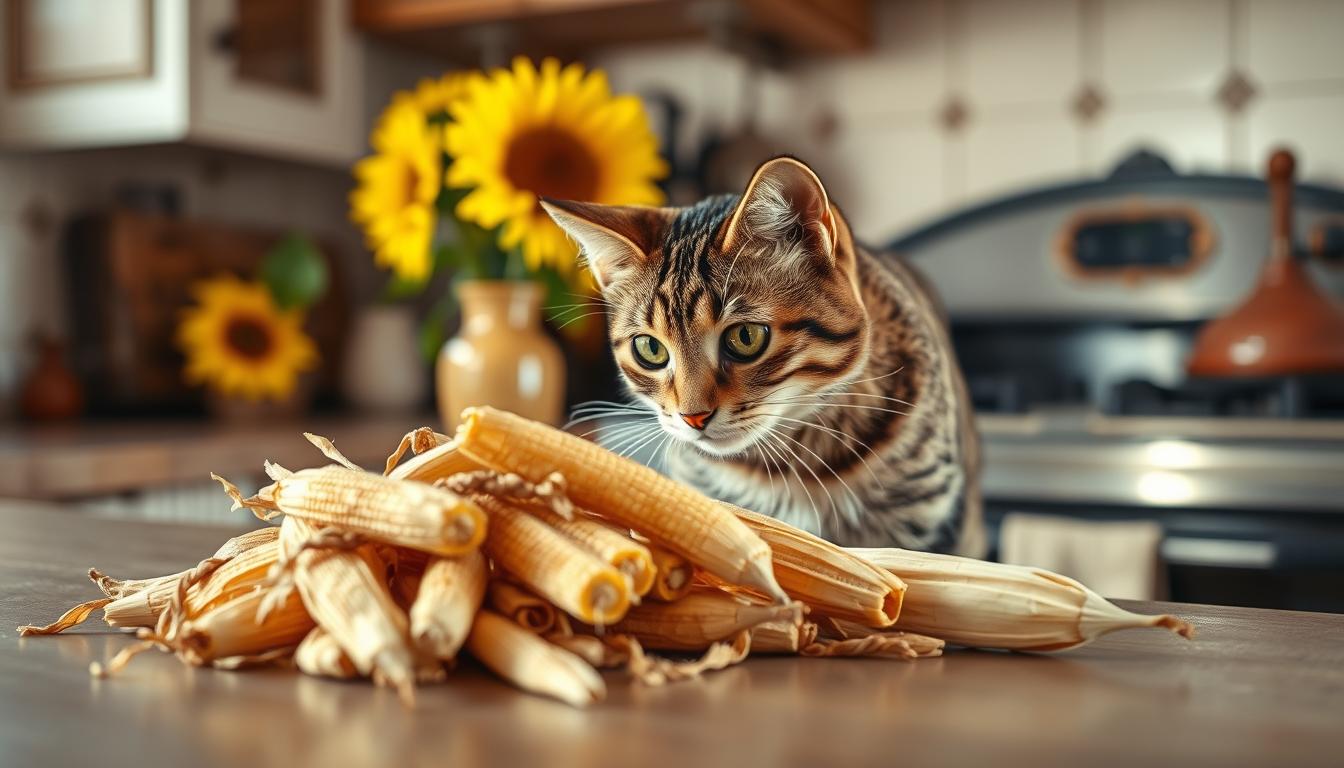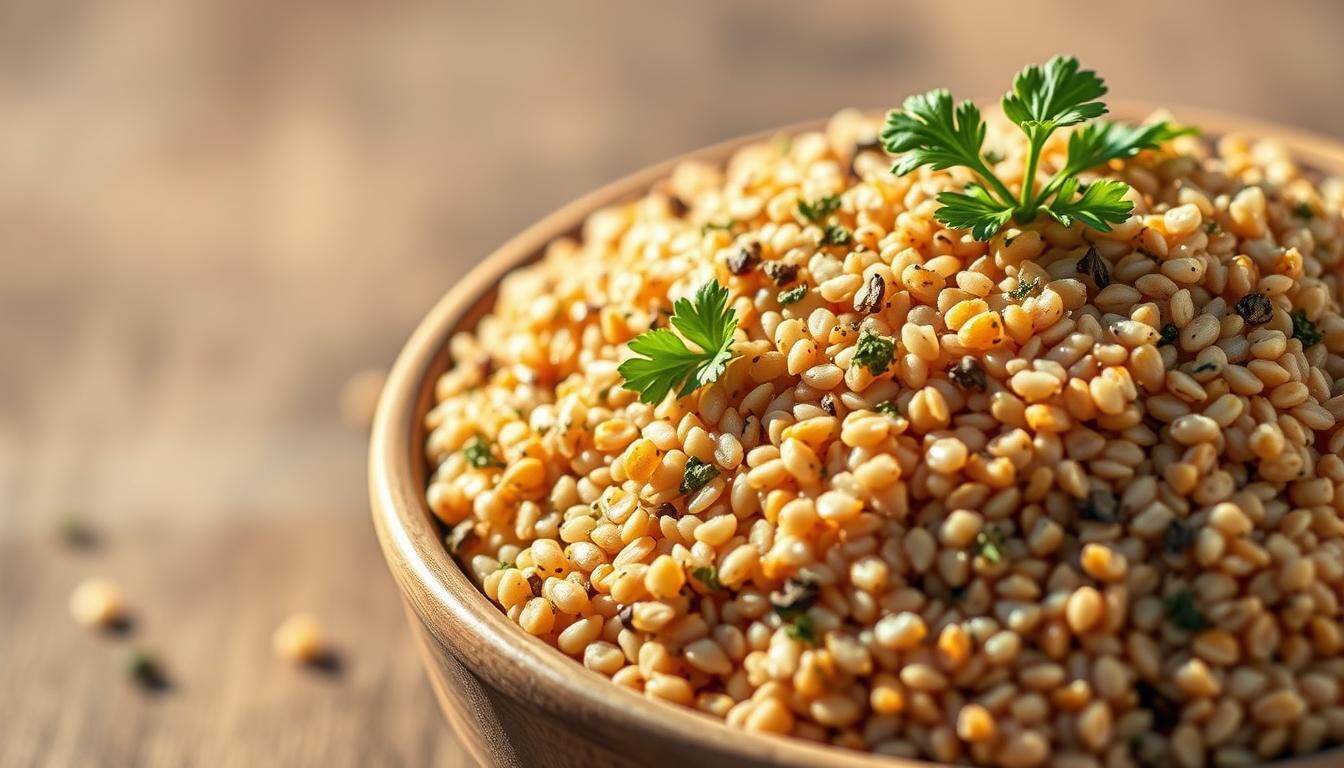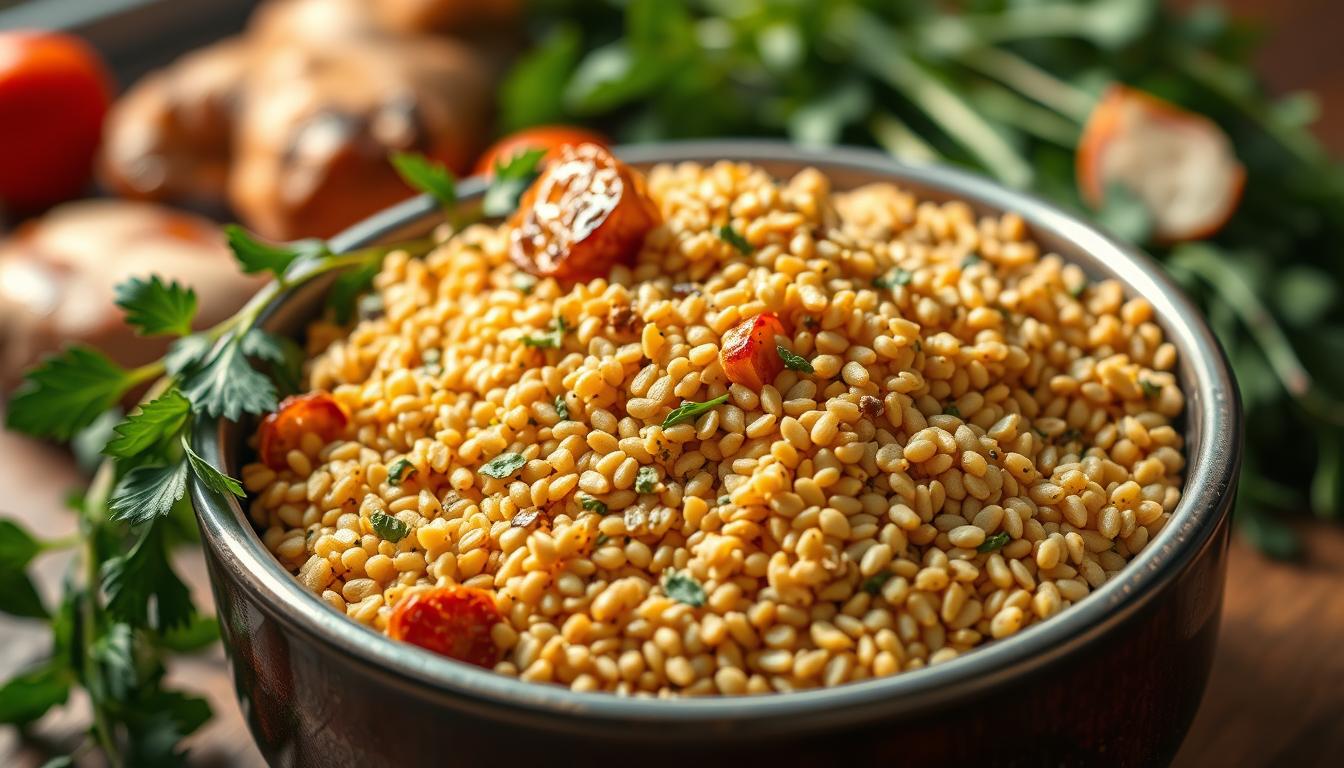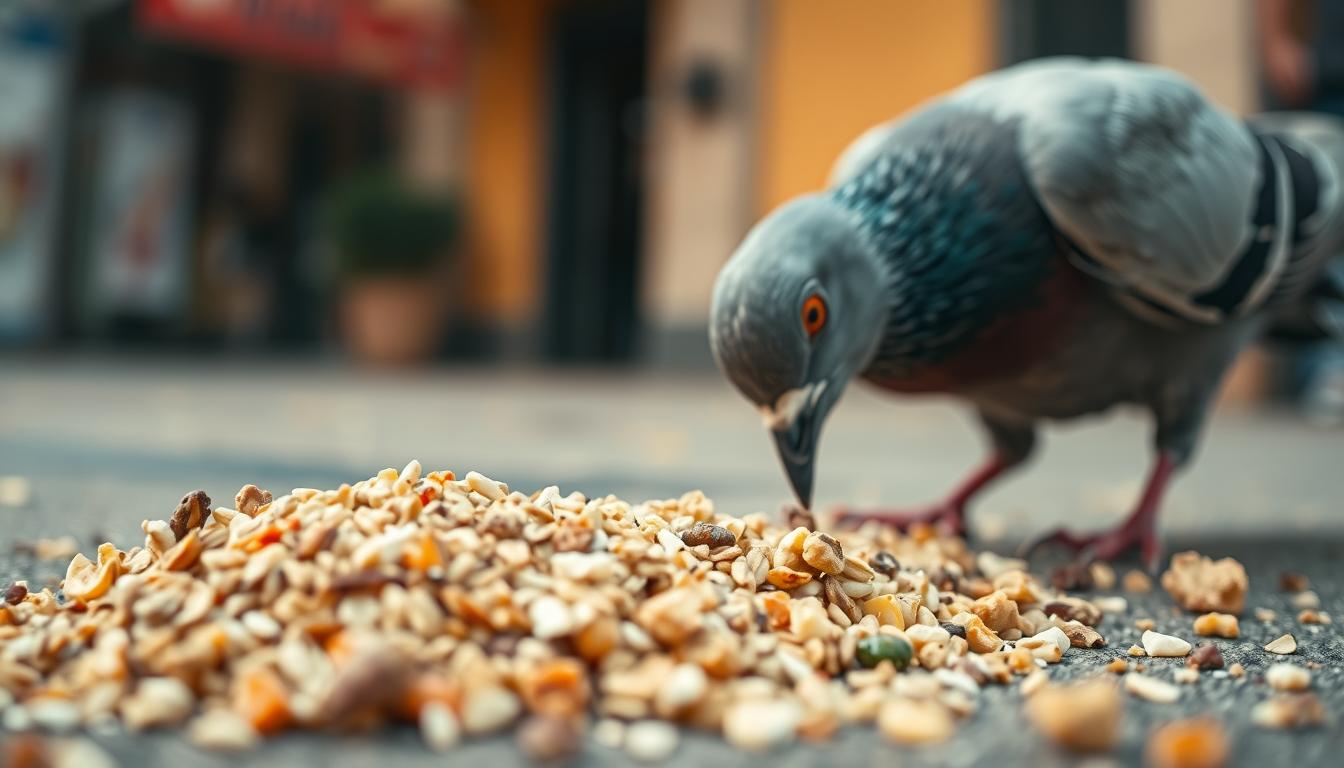Have you ever noticed your cat showing interest in a corn husk and wondered, can cats eat corn husk safely? As a pet owner, knowing what’s safe and what’s risky for your feline’s health is essential.
Cats rely on animal-based protein, but where does corn husk fit into their diet? Understanding its potential risks and effects is crucial for their well-being.
In this article, we’ll explore the question: can cats eat corn husk? We’ll break down the nutritional aspects, possible dangers, and expert opinions to help you make an informed decision.
Corn is widely used in food, medicine, and fuel, but should it be part of your cat’s diet? Let’s dive into the facts and uncover the truth about cats and corn husk!
Table of Contents
Understanding Cats’ Diets
Cats have special dietary needs that are different from other pets. They need a diet rich in animal protein. This is because their digestive system is made for meat.
What Do Cats Typically Eat?
Cats are meat-eaters by nature. They need a diet full of animal protein. A good cat diet includes:
- High-quality protein sources
- Essential amino acids
- Moderate fat content
- Specific vitamins and minerals
Importance of a Balanced Diet
Keeping your cat’s diet balanced is key to their health. Nutritional balance helps avoid health problems. Over half of U.S. cats are overweight, showing the need for proper food.
“Nutrition is the foundation of your cat’s overall health and wellbeing.”
Common Misconceptions About Cat Food
Many cat owners get cat food wrong. Grain-based foods cause less than 1.5% of food allergies in cats3. Knowing your cat’s nutritional needs is crucial when considering corn husk or corn-based products.
When looking into corn husk safety for cats, remember corn offers fiber and protein. But, always talk to a vet before adding new foods to your cat’s diet3.
The Nutritional Value of Corn Husk
When thinking about whether corn husks are safe for cats, pet owners need to look closely at nutrition. Cats have special dietary needs that are different from other animals. It’s important to know how feeding corn husk to cats might affect them.
Nutritional Breakdown of Corn
Corn has nutrients that might seem good at first. A cup of sweet yellow corn has:
Are Corn Husks Safe for Cats?
Feeding corn husk to cats needs careful thought. Corn has some good stuff, but cats mainly need animal proteins. Cats’ digestive systems aren’t made for lots of plant stuff5.
“Cats need a diet rich in animal proteins, not plant-based materials like corn husks.”
Potential Risks of Corn Husk Consumption
There are risks to feeding corn husk to cats, like:
- Digestive problems
- Possible blockages
- Not getting the nutrients they need
Vets say cats should eat meat-based diets that fit their nutritional needs. Always talk to a vet before adding new foods to your cat’s diet4.
Signs Your Cat May Want to Try Corn Husk
Cats are naturally curious and have their own food likes. Knowing their behavior helps you spot risks of corn husk for cats6. It’s important to watch for signs your cat might be interested in corn husk7.
Decoding Feline Curiosity
Your cat might be drawn to corn husk because of their curiosity. Cats mainly eat animal protein6. But, they might still check out other foods just for fun.
Behavioral Indicators of Food Interest
- Sniffing or pawing at corn husks
- Watching you prepare corn with intense focus
- Attempting to approach corn-related items
Changes in Eating Patterns
Look for small changes that show your cat’s interest in corn husk. But, be careful: about 10-20% of cats might be allergic to corn7. Watch for these signs:
- Unusual appetite shifts
- Increased curiosity around food preparation
- Persistent attempts to investigate corn-related items
“Cats are curious by nature, but their dietary needs are specific and unique.” – Veterinary Nutrition Expert
Even if your cat is interested, corn husks can be dangerous. Cats get about 90% of their nutrition from animal protein6. Corn husks are hard to digest and can block their stomachs7.
Understanding Natural Exploration
Your cat’s curiosity doesn’t mean they need to eat corn husk. Curiosity does not equate to dietary need. Always talk to your vet before adding new foods to your cat’s diet.
How to Safely Introduce Corn Husk to Your Cat
Adding new foods to your cat’s diet needs careful thought and patience. When looking into corn husk for cats, owners must be cautious and well-informed4.
It’s important to know if cats can eat corn husk. Vets say to introduce it slowly and watch how your cat reacts.
Preparing Corn Husk Safely
Here’s how to prepare corn husk for your cat:
- Clean the corn husk well to get rid of pesticides
- Take out any stringy or hard parts that could choke your cat
- Cut it into small, easy-to-eat pieces
- Talk to your vet before giving it to your cat for the first time
Portion Control and Frequency
When introducing new foods, remember to keep portions small. Experts say to treat corn husk as an occasional snack, not a regular part of their diet4. Make sure it doesn’t make up more than 10% of their daily food4.
Monitoring Your Cat’s Reaction
Look out for these signs when introducing corn husk:
- Changes in digestion
- Allergic reactions
- Behavior changes after eating
- Signs of discomfort or not wanting to eat
“Always prioritize your cat’s health and comfort during dietary experiments.” – Veterinary Nutrition Experts
Remember, every cat is different. What works for one might not work for another. The way corn husk affects cats can vary. So, keep an eye on your pet’s unique needs.
Alternatives to Corn Husk
Looking for safe and healthy options for cats and corn husk is important. Knowing what your cat needs helps you choose the right treats and foods.
Safe Vegetable Options for Cats
Cats need special food because they’re different from other pets. Some veggies can be good for them. Here are some safe choices:
- Cooked pumpkin (great for digestion)
- Steamed green beans
- Small amounts of cooked carrots
- Pureed butternut squash
Treats with Similar Benefits
Looking for something like corn husk for cats? Try treats that help with dental health or keep them mentally sharp8.
“Variety is key in maintaining your cat’s interest and nutritional balance.”
Homemade Cat Treat Recipes
Making treats at home lets you pick the ingredients. This way, you can be sure your cat is safe. Here are some easy recipes:
- Chicken and pumpkin bites
- Tuna and sweet potato crackers
- Salmon and catnip treats
Always talk to your vet before adding new foods to your cat’s diet9. Every cat is different, and a vet can help you choose the best food.
The Role of Fiber in a Cat’s Diet
Fiber is key to your cat’s diet. It helps meet their special digestive needs. This is important when thinking about corn husk safety for cats.
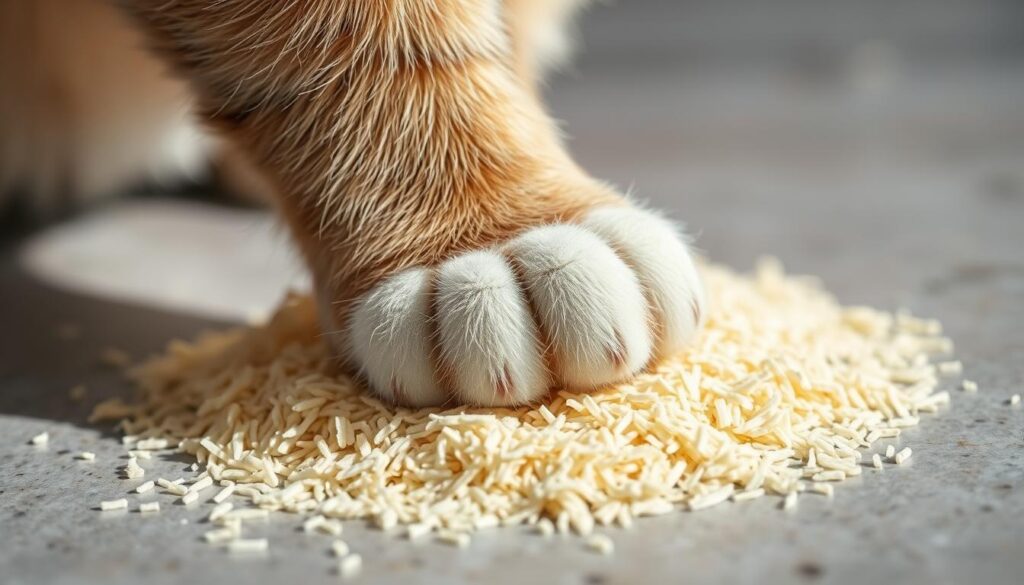
Why Fiber Matters for Felines
Fiber is vital for your cat’s health. Indoor cat foods have more fiber. This helps with regular bowel movements and less hairballs10.
The right fiber amount helps your cat stay healthy. It aids in digestion, weight control, and regular bowel movements.
Corn Husk and Fiber Intake
Understanding corn husks and their fiber is crucial. Dietary fibers like purified cellulose help digestion. They add bulk and speed up stool passage11.
Some cat foods use fiber sources like:
- Beet pulp
- Wheat bran
- Cellulose
Avoiding Excessive Fiber Consumption
Cats need a balanced diet. Too much fiber can upset their stomach. Dry foods can have up to 7% fiber, which might be too much for some cats10.
Look out for signs of:
- Constipation
- Reduced nutrient absorption
- Digestive discomfort
Remember, every cat is unique. Always consult your veterinarian before making significant dietary changes.
Veterinary Insights on Corn Husk
Veterinarians give important advice on feeding corn husk to cats. It’s key to know the risks and how it affects their diet12.
Expert Opinions on Feeding Corn Husk
Vets warn against giving corn husk to cats. Their bodies are made for meat, not plant-based foods. Corn husk can cause blockages and upset their balance of nutrients12.
Common Health Issues Related to Diet
It’s important for cat owners to know about diet-related health issues. The wrong food can lead to serious health problems. Remember, cats need specific nutrients:
- Cats need a lot of protein
- Choose fiber sources wisely
- Many cats are sensitive to food
“A balanced diet is crucial for maintaining the health of adult cats”
Recommended Foods for Cats
Vets suggest high-quality commercial cat foods that are nutritionally balanced. Corn husk dangers for cats show that other fiber sources are better. Look for foods that:
- Have meat as the first ingredient
- Avoid extra fillers
- Give all the nutrients needed12
Always talk to your vet before changing your cat’s diet. They can help make sure your cat gets the best nutrition12.
Common Cat Dietary Questions
Knowing what cats can and can’t eat is key for their health. Pet owners often ask about their feline friends’ diet, like grains and other food items13.
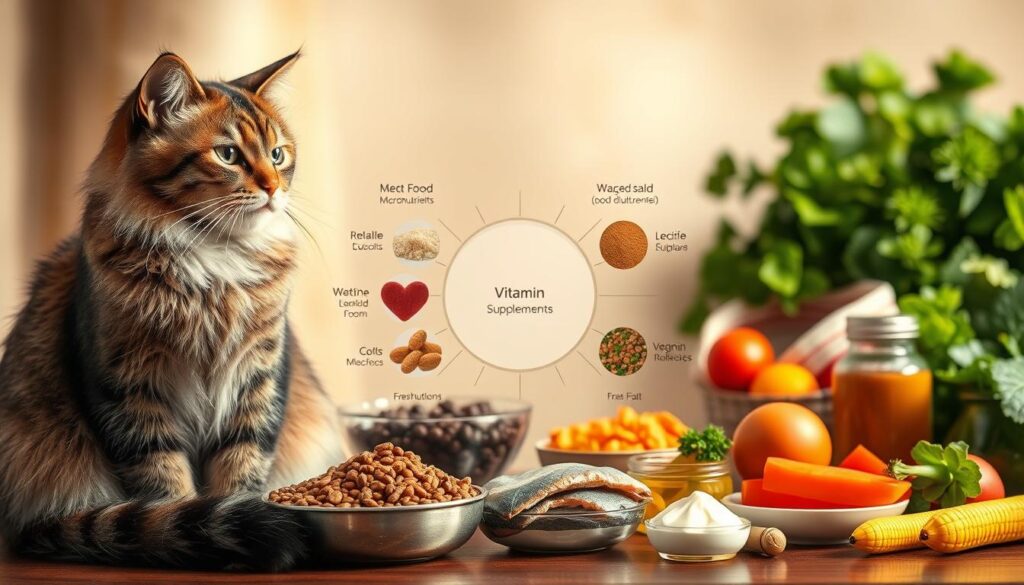
Exploring Corn and Grains in Cat Nutrition
Cats need to eat mainly protein from animal sources13. Corn is in many cat foods but doesn’t offer much nutrition14. Feeding cats corn husk can lead to digestive problems and not much nutritional value.
Other Grains Cats Can Consume
Here are some things to remember about grains for cats:
- Corn is about 65-70% carbs13
- Only about 10% of cats might be allergic to corn13
- Treats and non-protein items should make up only 2-5% of their diet13
Addressing Dietary Allergies
Food allergies can really affect your cat’s health. About 21% of cats might react to certain foods15. Corn husk can cause different symptoms in cats, like:
Always talk to your vet before changing your cat’s diet.
Even though corn isn’t bad, it’s not very good for cats either14. Better options are cooked chicken and fish, which have more protein than corn13.
Cat Owners’ Experiences with Corn Husk
Exploring corn husk for cats shows a world full of pet owner stories. Many cat owners have shared their experiences with corn husk. They have learned a lot and shared their insights4.
Real-World Success Stories
Cat owners have seen different results with corn husk. Some key points include:
- Cats showing curiosity about corn husk
- Potential digestive benefits when introduced carefully
- Individual cats responding differently to corn husk
Lessons from Feeding Experiments
When thinking about corn husk for cats, owners have learned important lessons. Moderation is key. Some key takeaways are:
- Always consult with a veterinarian before introducing new foods
- Watch for individual cat reactions
- Start with small quantities of corn husk
“Each cat is unique, and what works for one may not work for another.” – Veterinary Nutritionist
Community Recommendations
The cat owner community advises careful observation with corn husk. They suggest:
- Monitoring your cat’s digestive response
- Checking for any allergic reactions
- Ensuring corn husk is properly prepared
Many cat owners stress the need for professional advice and individual cat assessment when making dietary changes4.
Conclusion: Should You Feed Your Cat Corn Husk?
Feeding corn husk to cats is not recommended. Cats need a diet rich in meat, not grains like corn16. Corn is often found in cat food but doesn’t offer much nutritional value. It might even lead to less intake of better foods1617.
There are big risks in giving corn husk to cats. It can cause choking and blockages in their intestines1718. Cats need animal-based foods, like cooked chicken, for their health16.
Key Takeaways for Cat Owners
Your cat’s health is the most important thing. Vets say to limit grains and plants in their food. If you want to try new foods, talk to a vet first17. Every cat is different, so what works for one might not work for another.
Encouragement to Always Consult Your Vet
Always talk to your vet before changing your cat’s diet. They can give advice that fits your cat’s specific needs. This way, you can keep your cat safe from corn husk risks.
FAQ
Are corn husks completely toxic to cats?
Corn husks are not toxic, but they’re not good for cats. They can cause choking or upset stomachs. Cats need meat, not plants, for their health.
Why might my cat be interested in corn husks?
Cats like to explore new things. But, they shouldn’t eat corn husks. It’s not good for them, even if they’re curious.
Can corn husks provide any nutritional value for cats?
No, corn husks don’t give cats what they need. Cats need protein, not plants. Their bodies aren’t made for eating plants.
What should I do if my cat accidentally eats a corn husk?
Watch your cat for signs of upset stomach. If they seem sick, call your vet right away. This is important.
Are there safe alternatives to corn husks for cat enrichment?
Yes, there are many safe options. Try cat toys, puzzle feeders, and vet-approved treats. Catnip toys and safe playthings are also good.
How much fiber do cats actually need in their diet?
Cats need very little fiber, about 1-2% of their diet. Too much can be bad. Always check with your vet about your cat’s needs.
Can cats eat other parts of corn?
Corn isn’t toxic, but it’s not good for cats. Cats don’t need corn, and some might be allergic. Stick to a cat food that’s high in protein.
How can I safely introduce new foods to my cat’s diet?
Always talk to your vet before trying new foods. Start with small amounts and watch for any bad reactions. Keep their diet balanced and protein-rich.
Source Links
- Adopting a New Cat Checklist – https://www.nytimes.com/wirecutter/reviews/new-cat-checklist/
- CornStalk Agriculture Publication | Nebraska Corn Board – https://nebraskacorn.gov/cornstalk/
- Can Cats Eat Corn? | Great Pet Care – https://www.greatpetcare.com/cat-nutrition/can-cats-eat-corn/
- Can Dogs Eat Corn? The Benefits and Risks – https://www.pumpkin.care/blog/can-dogs-eat-corn/
- Can Cats Eat Tamales? Vet-Approved Facts & Alternatives – Catster – https://www.catster.com/nutrition/can-cats-eat-tamales/
- Can Cats Eat Corn? Vet-Approved Nutritional Facts & FAQ – Catster – https://www.catster.com/nutrition/can-cats-eat-corn/
- Can Cats Eat Corn? – https://conservationcubclub.com/can-cats-eat-corn/
- Can Guinea Pigs Eat Corn? Vet-Approved Health & Safety Guide | PangoVet – https://pangovet.com/pet-nutrition/guinea-pigs/can-guinea-pigs-eat-corn/
- Can Dogs Eat Corn on the Cob? – https://www.thesprucepets.com/feeding-dog-corn-on-the-cob-3385222
- The best indoor cat foods in 2025 – https://www.businessinsider.com/guides/pets/best-cat-food-indoor-cats
- Can Cats Eat Tacos? Vet-Reviewed Facts & FAQ – Catster – https://www.catster.com/nutrition/can-cats-eat-tacos/
- Best Cat Food: A Guide to Choosing the Right Nutrition for Your Cat – https://cats-magazine.com/general-meows/feline-nutrition-101-how-to-choose-the-best-cat-food-for-your-cat/
- Can Cats Eat Corn on the Cob? – https://vocal.media/petlife/can-cats-eat-corn-on-the-cob
- Can Cats Eat Corn? Vet-Reviewed Nutritional Facts & Alternatives | Hepper – https://www.hepper.com/can-cats-eat-corn/
- Can Cats Eat Nuts? Human Food For Cats – https://www.kinship.co.uk/cat-nutrition/can-cats-eat-nuts
- Can Cats Eat Corn? Vet Reviewed Nutrition Facts | PangoVet – https://pangovet.com/pet-nutrition/cats/can-cats-eat-corn/
- Can Cats Have Popcorn? – https://petcube.com/blog/can-cats-eat-popcorn/
- Can French Bulldogs Eat Corn? A Vet-Approved Guide for Dog Owners – https://www.petzooie.com/articles/can-french-bulldogs-eat-corn-a-comprehensive-guide
